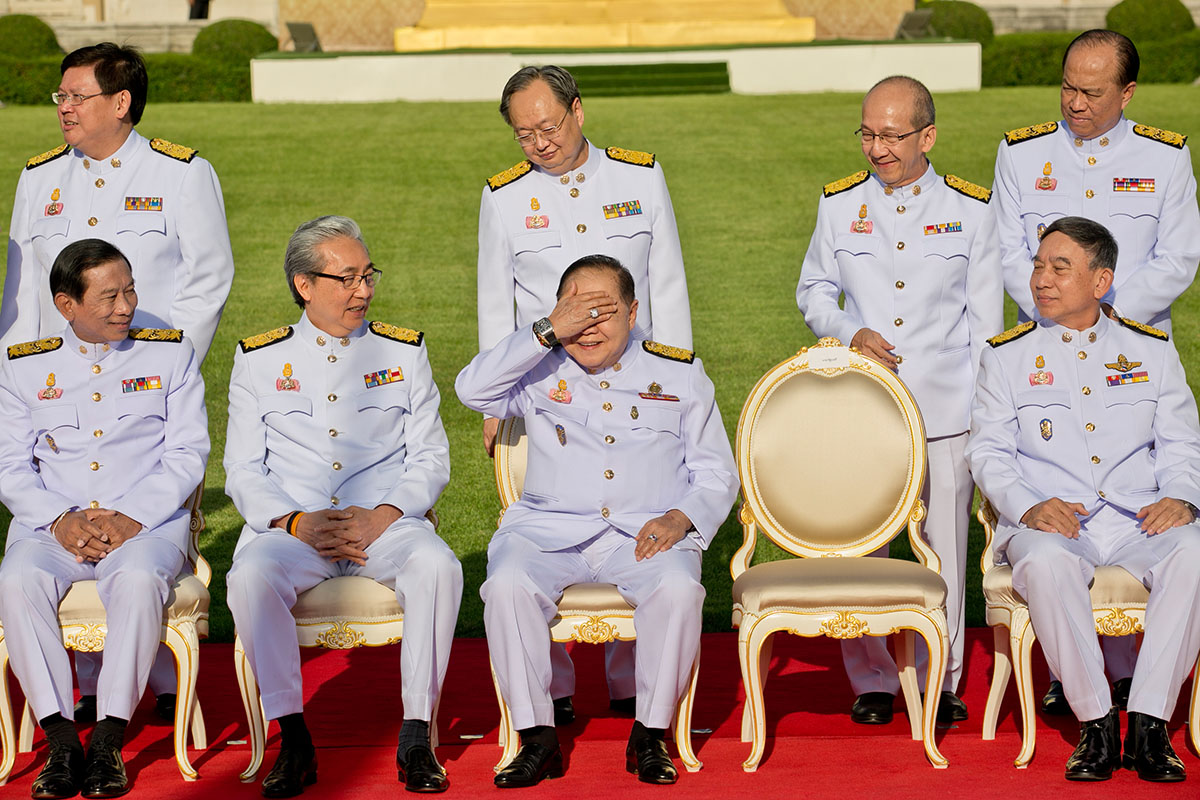After stating that elections will be held at the end of the year, the National Legislative Assembly of Thailand recently voted to amend an election law that will most likely delay the general elections by 90 days. This means that elections would take place in February 2019 at the earliest.
The amended clause is part of a larger bill amending rules for lower house elections. Under the Thai constitution, elections must be held within 150 days after all electoral laws comes into effect. However, the new amended clause in the electoral bill allows the government to delay its enforcement by up to 90 days, effectively pushing back the election dates.
The bill was passed in the military junta appointed National Legislative Assembly with an overwhelming majority of 196 in favour, 12 against and 14 abstentions.
The Chairman of the National Legislative Assembly, Vitthaya Piewpong, argued that the bill was passed so that more people and parties could have enough time to familiarise themselves with the new electoral laws and prepare for the upcoming elections.
“In the past, several laws had their effective dates set in the future; so this is not unprecedented,” said Piewpong.
The military-appointed Prime Minister Prayut Chan-O-Cha made the announcement last year that elections were to be held in November this year. However, this isn’t the first time that the long-promised elections have been delayed. After a military coup in 2014 that saw the removal of Yingluck and other ministers from government, the military junta pledged to return to democracy in Thailand with Prayut Chan-O-Cha hinting that elections could happen as early as October 2015. That was pushed back after the draft constitution was rejected by the National Reform Council. In December 2016 a revision to the draft constitution was ordered by Maha Vajiralongkorn which further stalled hopes of a general election to 2017.

There has been widespread criticism over the military junta’s decision to delay the elections. Some critics have deemed the move as a ploy for the junta to cling on to power amid growing unpopularity of the military junta. Many have pointed to the suspect timing of the delay which comes at the time when the military junta is faced with a number of controversies.
The most recent controversy involves Deputy Prime Minister Prawit Wongsuwan who the Associated Press has described as “a career military man who receives only a modest salary” but was spotted wearing a wide range of 25 luxury watches totaling almost US$1 million in value.
In addition to that, a recent poll by the National Institute of Development Administration revealed that 76% of respondents out of 1,250 people surveyed believe that the military junta knows that there are irregularities in how the government is run.
The EU has also been a vocal critic of Thailand’s military junta and has repeatedly made pleas for a return to democracy. In 2014, after the military takeover, the EU put their relations on hold with the Thai government after expressing their concerns about human rights abuses. Political relations recently resumed after Prayut Chan-O-Cha announced the now-delayed 2018 elections. Responding to the delay, EU Ambassador to Thailand Pirka Tapiola told The Bangkok Post, "We understand that it is still possible to hold the elections by November 2018 and encourage all stakeholders to respect the previously announced road map for a return to democracy in Thailand.”
The Pheu Thai Party, founded by Thaksin Shinawatra has come out against the delay of the elections, declaring, “We call on the relevant agencies to stop harming the country through legal cheating.” Their statement also called on the military junta to return power to the people.
While the Thai military has promised to not carry out any more coups after the general elections, their track record shows otherwise with a whopping 12 successful coups since 1932. Furthermore, the military’s hesitance to relinquish power shows that they may not honour their pledge of non- interference after the elections. With concerns over how fair the elections will be, the future of Thai democracy is left in the balance.
Recommended stories:
